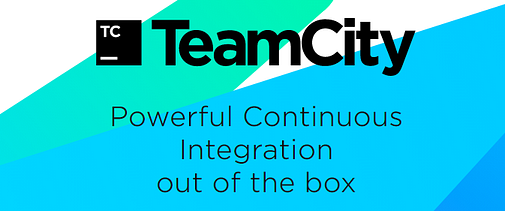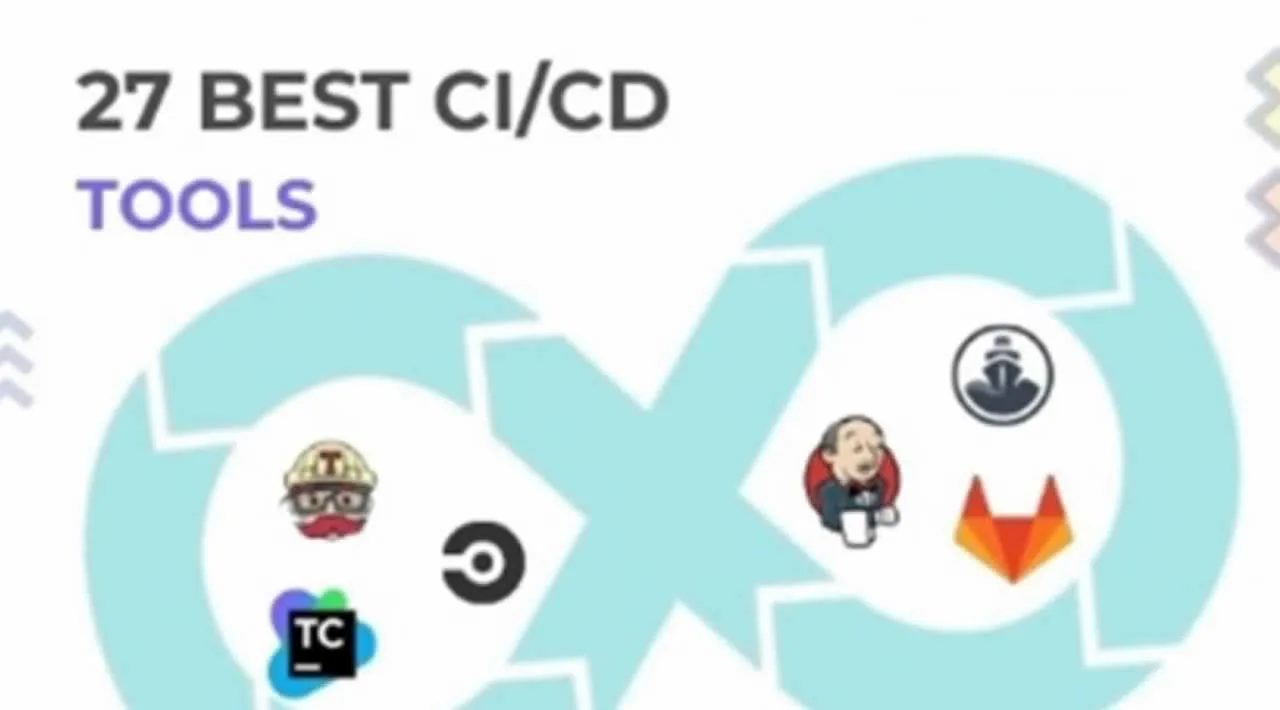Continuous integration (CI) and continuous delivery (CD), (or CI/CD), has become an integral part of software development and DevOps testing. It provides developers with the necessary features so that they can deploy the code continuously. It detects bugs at an early stage and avoids integration problems due to frequent committing of source code. With so many CI/CD tools available in the market, it becomes essential to choose the best CI/CD tools that suit the budget and project requirements. To make it easy for you, we have created this list, which we hope will help you choose the best CI/CD tool.
1. Jenkins

Jenkins is a Java-based, cross-platform, open source CI/CD tool. It offers continuous integration, along with facilitating continuous delivery. It also enables real-time testing and reporting. Jenkins can be installed by just downloading its executable in the .war format and starting the same from the terminal.
Jenkins Pipeline provides a set of tools that can be used for modeling delivery pipelines “as code.” Jenkins implements the pipeline using DSL (domain-specific language). It is one of the widely used and best CI/CD tools as it is open source and has existed for a long time.
Salient features of Jenkins
- Available for Windows, Linux, and macOS platforms.
- Free and open source, hence it is preferable for startups as well as large-scale organizations.
- 16.3K stars & 6.5k forked repos on GitHub.
- Highly extensible.
- It has a thriving plug-in ecosystem (1,500+ plug-ins) and a best-in-class community.
- Integrates with popular cloud platforms such as AWS, Google Cloud, Azure, Digital Ocean, and more.
- Can be leveraged for performing work in parallel and realizing complex CD requirements.
- The installer is in the .war format that is a standalone Java application and works out of the box.
2. TeamCity

TeamCity is a server-based CI/CD pipeline tool in Java. It is developed and maintained by JetBrains, the company behind the development of several useful tools like PyCharm, IntelliJ Idea, and more. It is available for installation on Windows and Linux servers.
TeamCity is free to use for open source projects and offers small teams an easy option to integrate with Azure DevOps and Jira Software Cloud. It also supports launching build agents in the Kubernetes cluster.
Salient features of TeamCity
- Highly extensible and can be customized for reusing settings of a project to the subproject.
- It can run parallel builds, thereby providing the flexibility to run builds simultaneously on different builds and environments.
- Pipelines in TeamCity are defined using Kotlin-based DSL (domain-specific language).
- Integrates with Docker, Visual Studio Team Services, Maven, NuGet, and more.
- Its on-premise variant integrates with popular cloud platforms like Google Cloud, AWS, VMWare vSphere, and more.
- It provides powerful features that enable running history, viewing of test progress (and history) reports on the fly, and adding builds to favorites.
#ci #devops #continuous-delivery #continuous-integration
